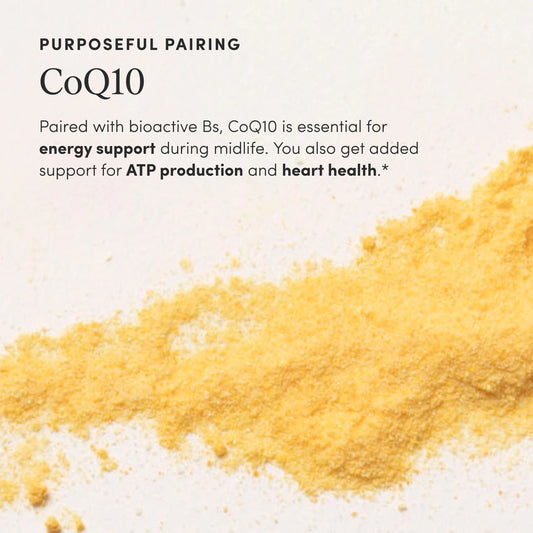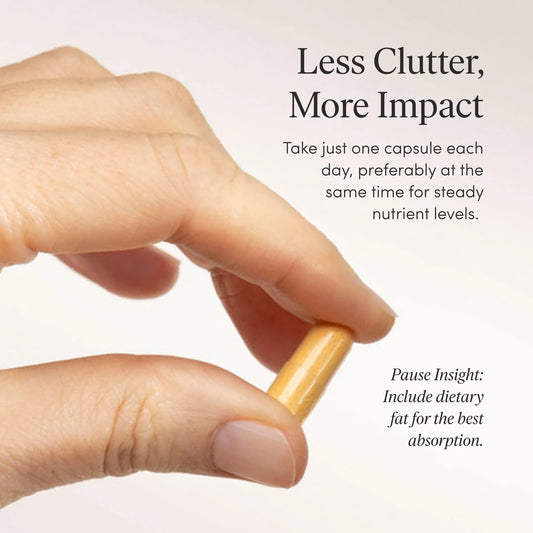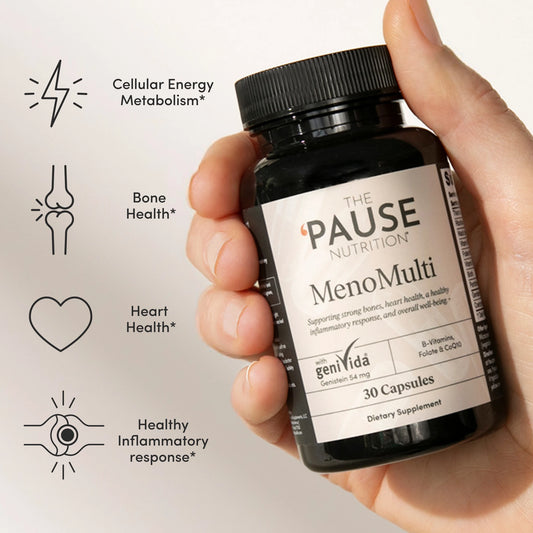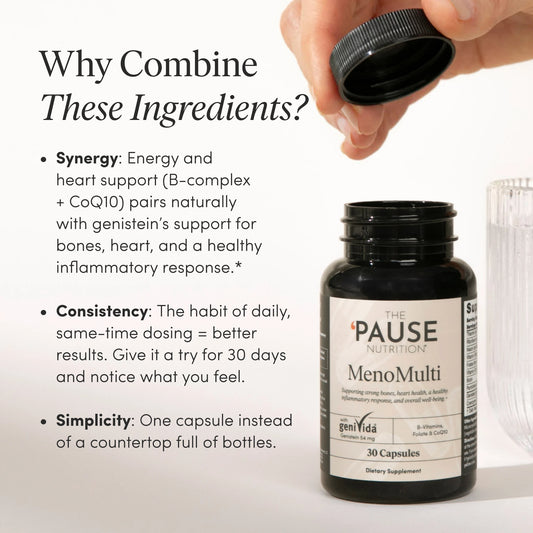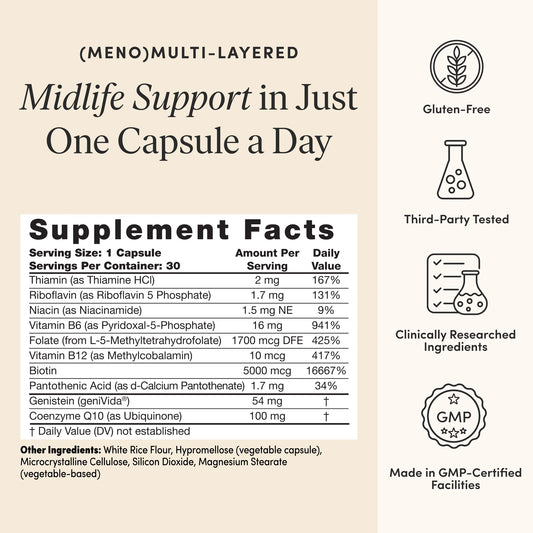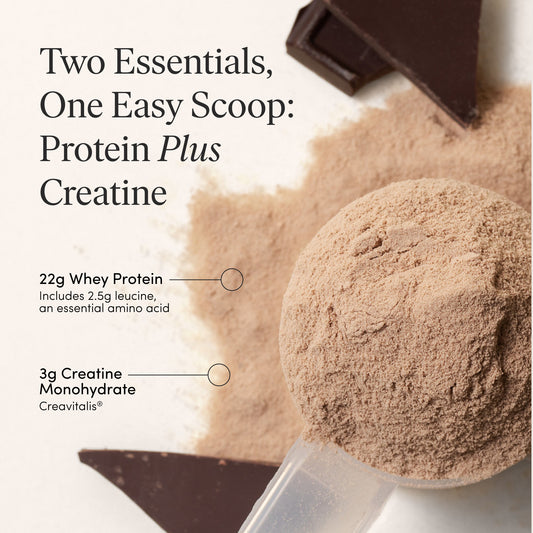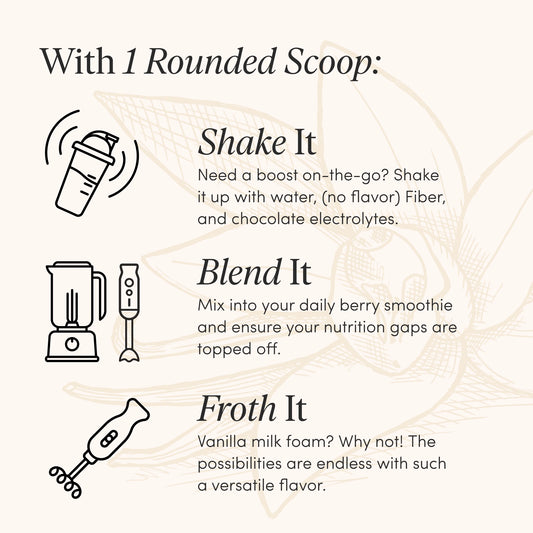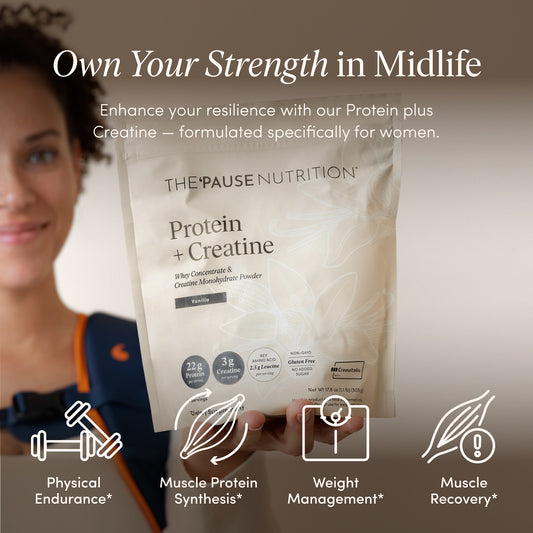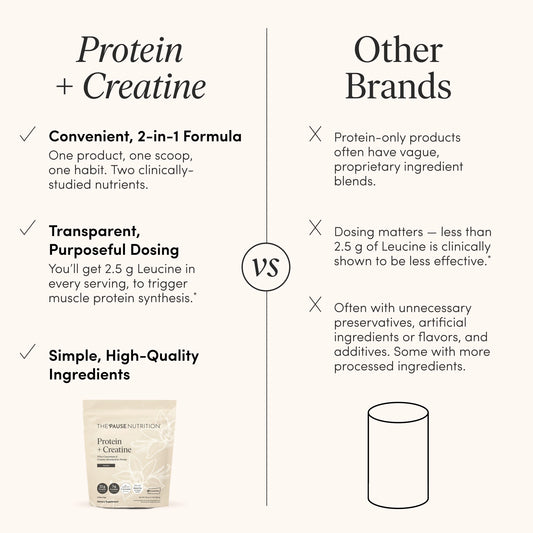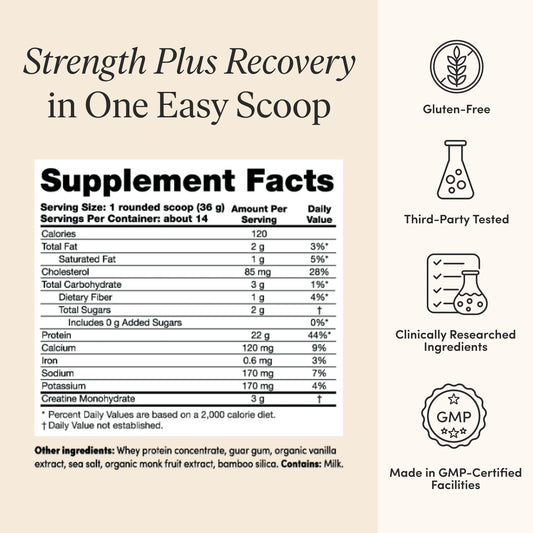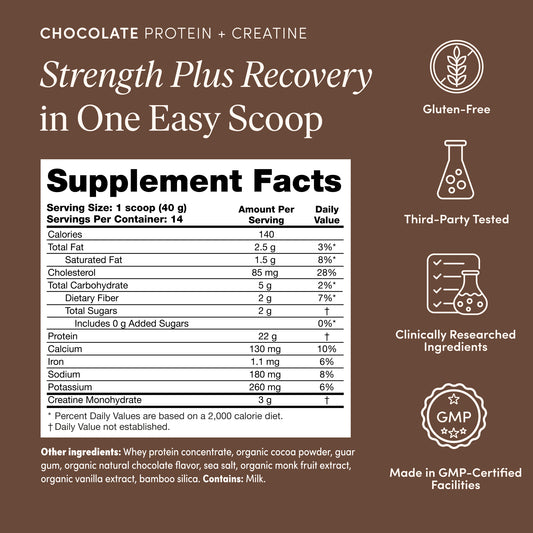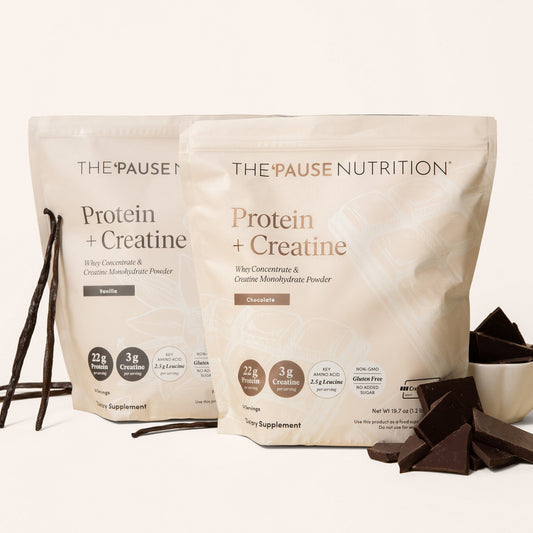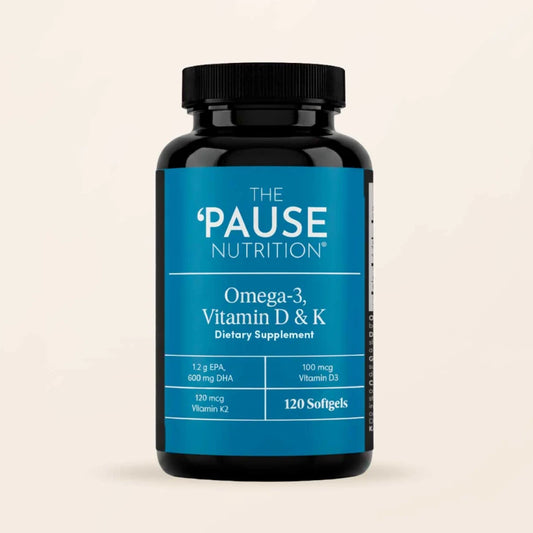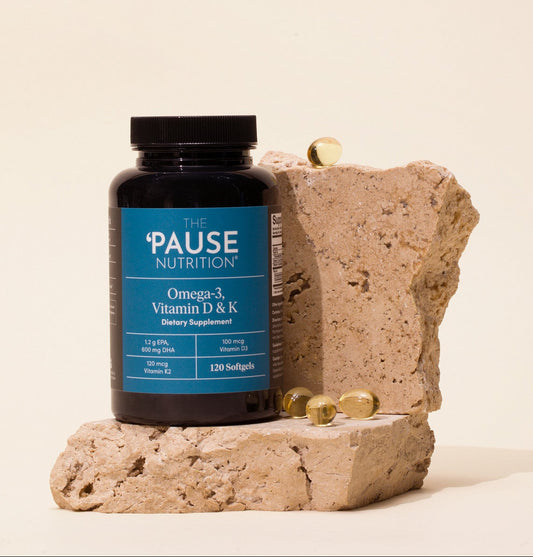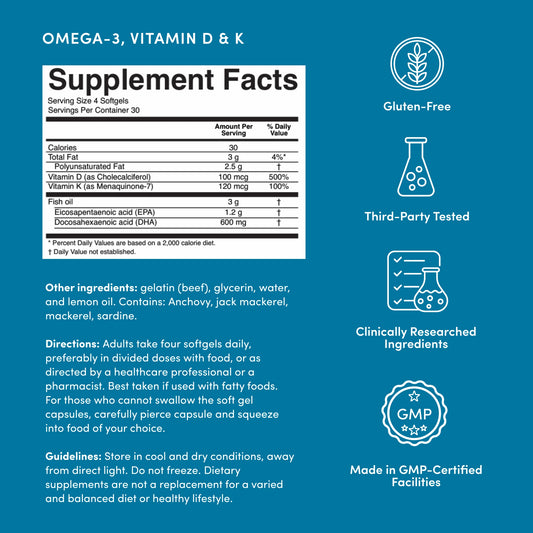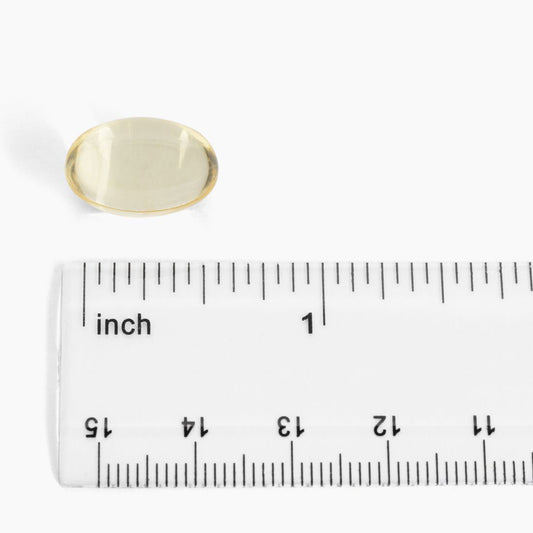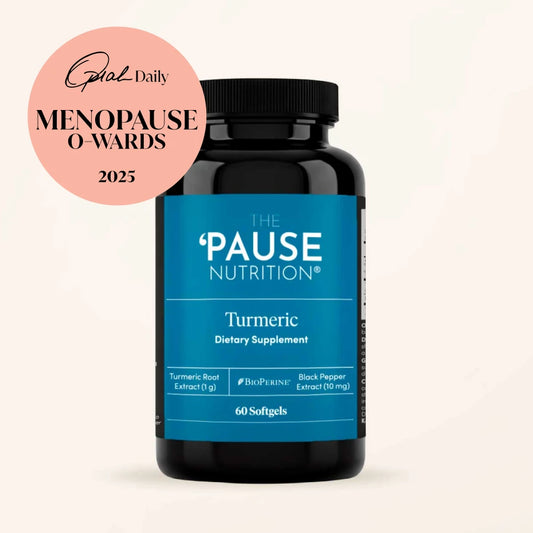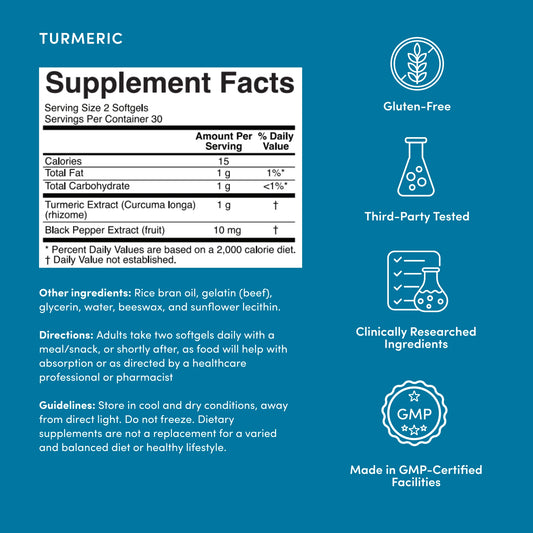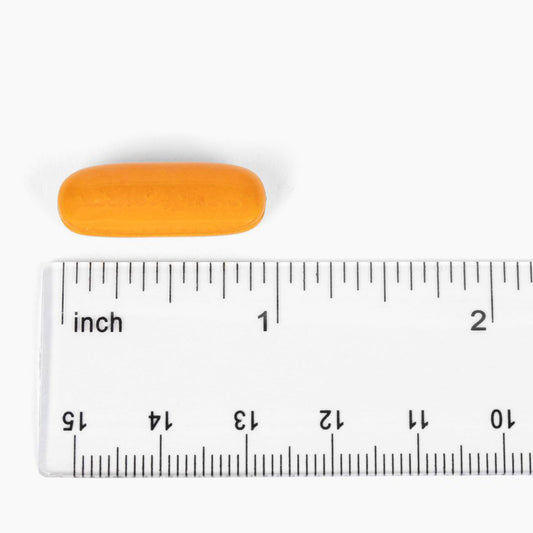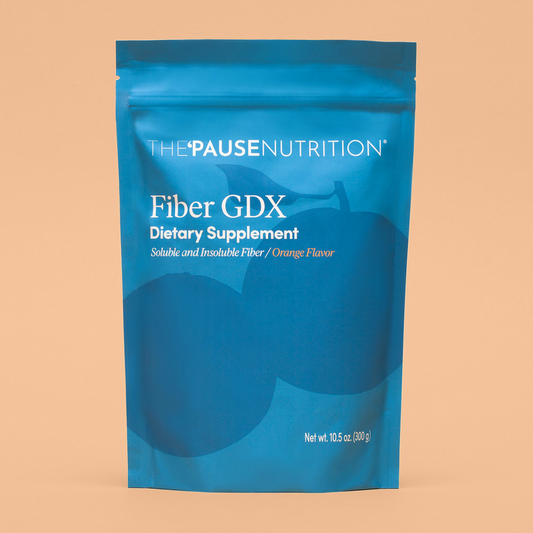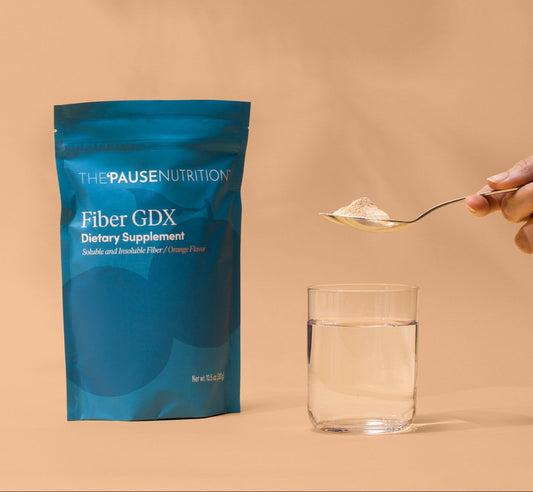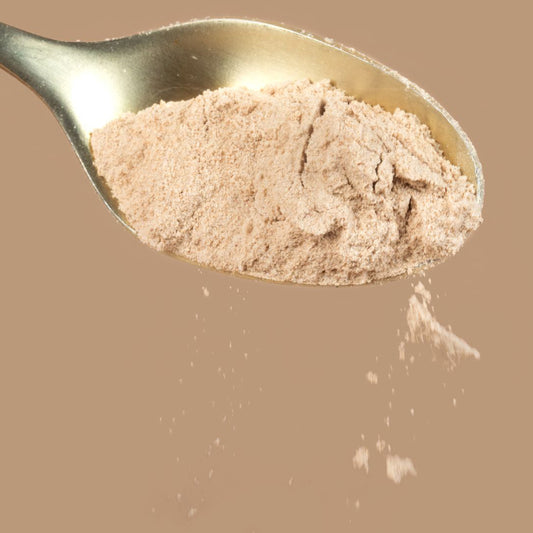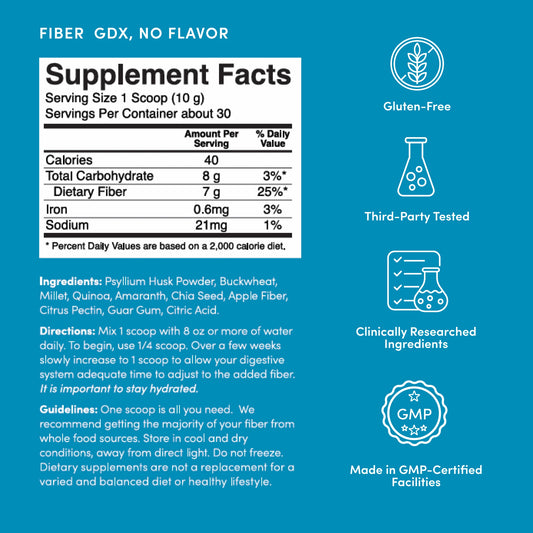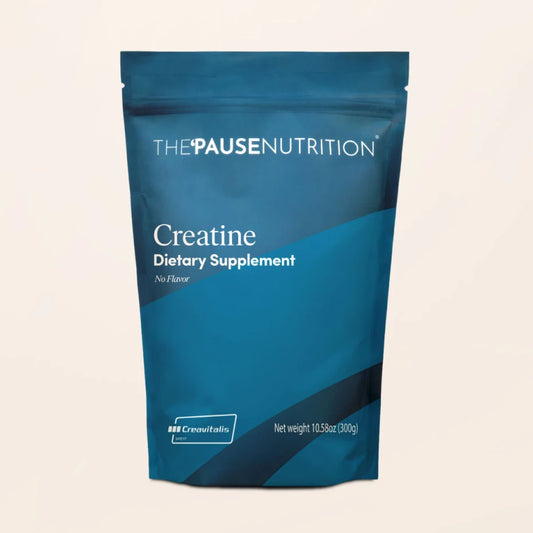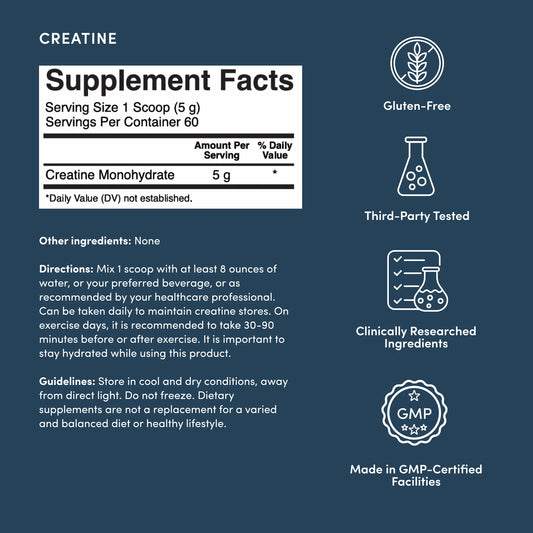Can’t Sleep? How to Manage Sleep Disruptions in Perimenopause & Menopause

Share
If you’re not sleeping well during perimenopause or after menopause, you’re not imagining it, and you’re definitely not alone.
The majority of women report changes in sleep during this stage of life. In fact, 40–69% of women experience disrupted or poor-quality sleep across the menopause transition.1
Falling asleep takes longer. Staying asleep becomes harder. And waking up feeling truly rested can feel like a distant memory.
Hormonal changes are a big part of the story. As estrogen and progesterone fluctuate and decline, they can trigger night sweats, temperature swings, and more nighttime awakenings. These shifts also impact the brain centers that regulate sleep, so even without hot flashes, many women still struggle to get the deep, restorative sleep they need.
Then there is the rest of midlife. Stress, caregiving, work, and the natural changes that happen with age. Melatonin levels drop and your circadian rhythm shifts2, making it even harder to stay asleep through the night or fall back asleep after waking up.
So if your once-reliable sleep has turned unpredictable, you are in the majority, not the exception. And understanding why this happens is the first step toward getting it back.
How to Fall Asleep — And Stay Asleep
Dr. Andrea Matsumura brings a scientific and holistic approach to her D.R.E.A.M. Sleep Method, to help patients better address what’s behind their sleepless nights. She coaches women to look at five key areas of their life that impact sleep. Take her Sleep Archetype Quiz to find out whether you’re an early bird, a night owl, or somewhere in between.
Daily Habits
Daytime routines can determine your night. Thirty minutes of natural light within the first hour of waking can serve as a hormonal reset button.
One habit that can help is to reduce caffeine, especially after midday. In general, it takes your body about 5 hours to metabolize caffeine.
Resting Environment
Bedrooms should feel like a sleep sanctuary. Drop the room temperature to 65–67°F and turn screens off one hour before bedtime.2
Emotions
Midlife can be full of emotional upheaval. Factors like stress, anxiety, and depression affect our ability to fall asleep and maintain restful sleep. A wind-down ritual, such as journaling or 4-7-8 breathing where you breathe in through the nose for a count of 4, hold the breath for 7 and exhale through the mouth for 8, can calm the brain before bed.
Archetype
Natural early bird or a night owl? Everyone has a unique circadian rhythm, and many with sleep issues don’t realize they are in constant battle with their own nature.
Medical Conditions
Sleep-disrupting conditions are often misdiagnosed or missed entirely in women. Consult with a specialist who understands women’s bodies for guidance on addressing sleep concerns.
Managing night sweats and hot flashes can help restore restful sleep. And as always, sleep in breathable pjs and sheets (think cotton, linen, bamboo, silk).
Supplements that Support Sleep
Another way to prepare for a better night’s sleep is by making sure your body has all the nutrients it needs to support this essential function. L-theanine, magnesium, and melatonin all support different body mechanisms that contribute to sleep.* That’s why we included these key ingredients in Pause SleepTM.
Created by female physicians to address the specific needs of women experiencing disrupted and dissatisfying sleep, Pause SleepTM, is formulated to support relaxation, the transition to nighttime rest, and a healthy sleep-wake cycle.* (All that and it’s gentle and non-habit forming.) Here’s a deeper dive into how each ingredient can help.
AlphaWave® L-theanine
Ever get that peculiar wired-tired feeling? You want to sleep, but your brain isn’t letting you? L-theanine is an amino acid derived from green tea that helps encourage relaxation without sedation, supporting mental calmness before bed.3*
Albion® Magnesium
It’s called the sleep mineral for good reason: Magnesium can help regulate neurotransmitters and muscle relaxation. It may ease restless legs, nighttime muscle cramps, and promote deeper sleep.4*
Albion® magnesium is an amino acid chelate form, which offers higher bioavailability, and is gentler on digestion (in other words, it won’t cause diarrhea the way some forms of magnesium can).
MicroActive® Melatonin
Your body’s pineal gland produces melatonin, known as the body’s sleep hormone, but it declines with age. In addition, many things can interfere with melatonin production, including excessive light in the evening, jet lag, and shift work.
Luckily, it can be supplemented. MicroActive® helps with falling asleep faster, and unlike ordinary melatonin that leaves the body after four hours, the 7-hour sustained-release formula maintains melatonin levels throughout the night—to support staying asleep and avoiding early waking.*
Find the Sleep Solutions That Work for You
Better sleep comes with consistency and often, a multi-pronged approach. And while Pause SleepTM was formulated with women in mind, it’s completely safe and effective for men too. Supporting your partner’s restful sleep can help you sleep better as well. When they’re sleeping soundly, you’re less likely to be disturbed during the night. Better sleep for them means better sleep for both of you.
Supplements can be a beneficial part of your sleep routine, but as always, consult your healthcare provider before taking anything new, especially if you’re pregnant, nursing, taking medications (especially sedatives, antidepressants, blood-pressure medicines, anticoagulants/antiplatelets, or anti-seizure drugs), or if you have a medical condition. In addition, avoid alcohol or other sleep aids.
Pay attention to your sleep habits, make lifestyle tweaks that promote rest, and keep up with them seven days a week.
Albion® Magnesium is a trademark of Balchem Corporation or its subsidiaries.
MicroActive® Melatonin is a registered trademark of BioActives LLC.
AlphaWave® L-Theanine is a registered trademark and logo registered and owned by ENI.
This article contains affiliate links.
















